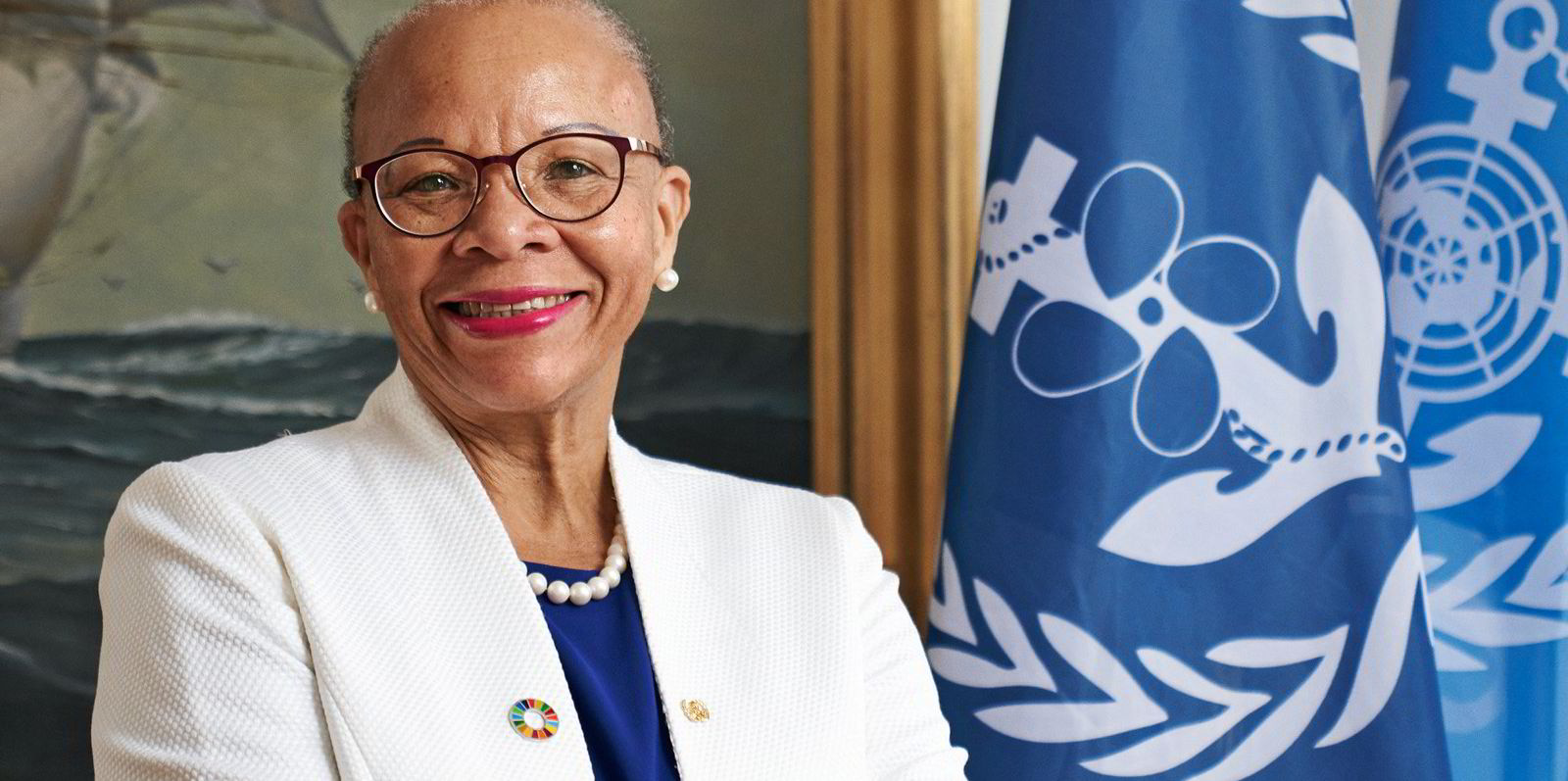Research into the state of seafarers’ mental wellbeing has raised serious concerns over the 400,000 seafarers trapped at sea by the pandemic — with the younger crew members most at risk of depression and anxiety.
The findings were revealed in an annual study of crew wellbeing by Norwegian Hull Club subsidiary Marine Benefits entitled Refresh.
Based on World Health Organization guidelines, the study presented the insurer with an opportunity to compare the mental health of crew before and during the Covid-19 pandemic.
Marine Benefits chief executive Casper Meland said the study is intended to look beyond the headlines and grasp the true state of the industry’s mental health at sea.
“There were so many strong opinions about what was happening, we had to get a better picture,” Meland said.

One key concern was the occurrence of depression being more frequent among younger seafarers, who Meland said do not have the coping strategies of senior colleagues.
Meland fears the pandemic may now deter the young generation of seafarers from continuing their careers at sea.
“The senior generation is coping well but the under-40s not so well,” he said. “The future pool of seafarers is becoming increasingly depressed at sea.”
On a wider basis, the most worrying finding is that feelings of depression and anxiety have increased as the pandemic has extended time crew spend at sea.
The study revealed that 23% of those surveyed reported experiencing a range of depression from mild to severe, which on average amounts to one or two crew members per ship. And 9% of respondents said they were suffering from anxiety, equating to one person per ship.
However, the 23% of crew feeling some form of depression increased to 33% after seven months on board.
Meland said the isolation that life at sea can entail tends to amplify feelings of depression.
“The consequences of experiencing depression are different on a ship compared to other circumstances,” he said.
He also pointed out around half of physical illness can be traced back to mental health problems.
However, some results were surprising, with some indicators suggesting that little had changed or had even improved.
Crew stress was rated as “high” but had only increased marginally, up from a rating of 19.4 in 2019 to 19.5 in 2020. While 88% of crew said they had good mental wellbeing, compared with 86% in the previous year, with 77% of crew reporting no signs of depression and 88% no anxiety.
The percentage of crew in a state of FLOW — a range of motivation and wellbeing in which people work best — improved from 24% to 33% under the pandemic, according to the survey.
Marine Benefits is now urging owners to put health programmes in place to help seafarers. Mejia said a combination of good diet, exercise, sleep and relationship management can play a critical part in mental wellbeing.
“We need to work out how to promote health and wellbeing by offering active support, we need to learn how to recognise signs of depression and how to offer help,” she said.







